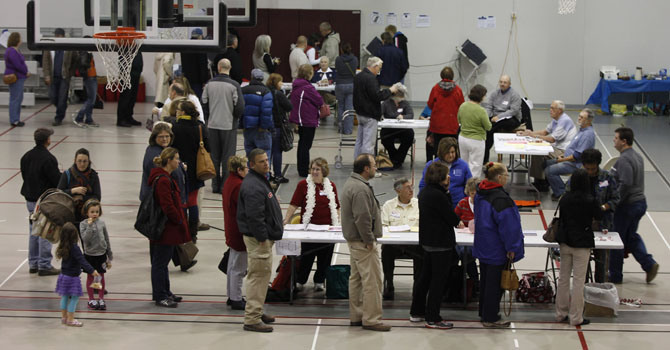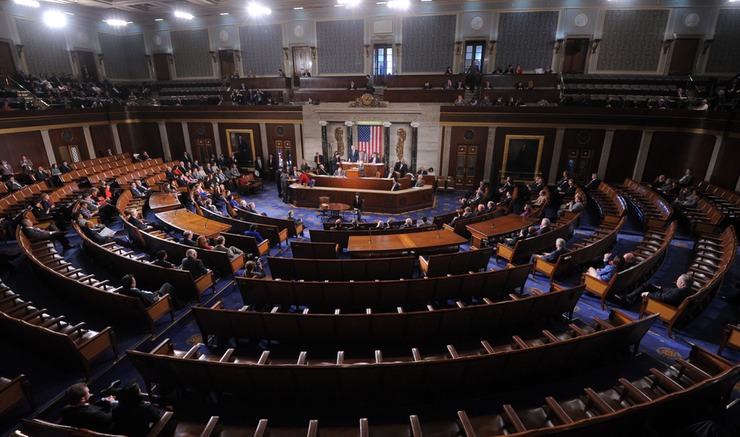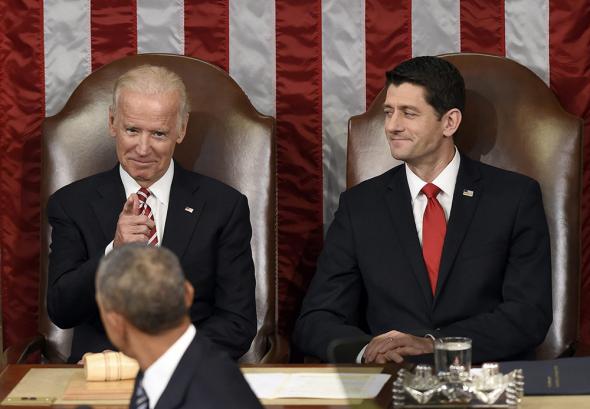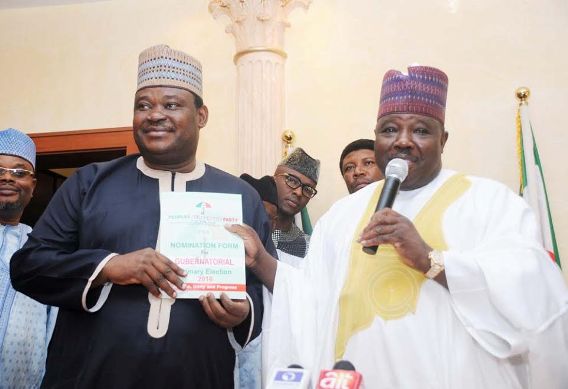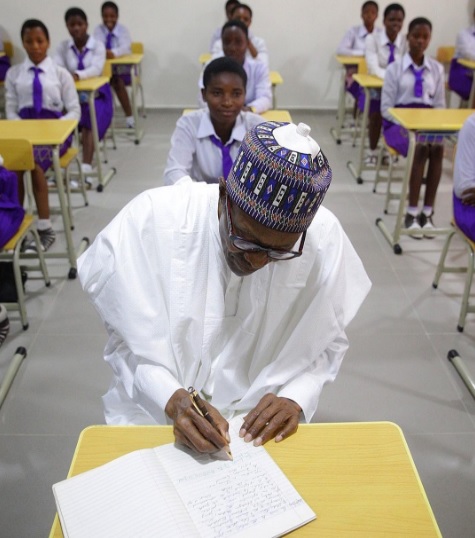“American electoral system is so confusing that most Americans don’t understand it,” said Patrick Butler, vice-president, programmes at the International Centre for Journalists (ICFJ).
If Americans find it difficult to understand their own electoral system, how will outsiders do? This is the reason we compiled these points which will guide you in understanding the process better.
THE ROLE OF ELECTORAL COLLEGE
In less than 48 hours, the 45th president of the United States would have been known. There is no doubt that the election is a two-way horse race between Donald Trump of the Republican Party, and Hillary Clinton of the Democracy Party, but unlike Nigeria where popular national vote determines the president, only 538 electors will vote for the next US president.
Advertisement
WHO ARE THE ELECTORS?
The US constitution doesn’t provide too many details about who can serve as an elector except that no sitting senator or house member can be appointed as one. Political parties in each state generally choose their slate of electors.
Advertisement
SLATE FOR ELECTORS IS CHOSEN ON ELECTION DAY
A political party’s slate of electors is chosen on election day in each state, and in most, it’s based on which ticket wins the most votes.
HOW ELECTORAL COLLEGE WORKS
Advertisement
Each of the 50 states, as well as the District of Columbia, has a certain amount of Electoral College votes to award a candidate, based on the number of members of Congress it has.
Texas, for example, has 38 electors, which means the state has 36 members in the house of representatives plus its two senators. California has the most electoral votes, 55, and a few states like the Dakotas, Montana and Wyoming have as few as three. Washington, D.C. also has three electoral votes.
THE ELECTORATE VOTE FOR THE COLLEGE, NOT THE CANDIDATES
Americans will not be voting for the president directly in the election; it is the electors that will vote for the president. To be elected president, a candidate must score 270 Electoral College vote, representing 50 per cent plus one vote or a simple majority vote.
Advertisement
Quentin Kidd, a professor of Political Science at the Christopher Newport University, took time to explain the process to NAN.
“The ballot indicates ‘Electors for Hillary Clinton, Tim Kaine; Electors for Donald Trump, Mike Pence. So our ballot doesn’t list the names of the candidates but the ballot does say ‘electors for’,” the agency quoted Kidd to have said.
Advertisement
“So you (electorate) are choosing who the electors are going to be bound to, not who the candidate is; the candidates choose who the electors are.”
VOTES ARE AWARDED TO CANDIDATES WHO WIN MAJORITY
Advertisement
Each state has “winner takes all” system. That is, whoever wins popular votes takes all the votes; whoever wins popular votes wins the electors.
“It’s a very complicated system but in general, what happens is that each of the 50 states awards all of its votes to the candidate who wins a majority in that state,” Kidd explained.
Advertisement
“So let’s take California for example: if one candidate wins 80 per cent of the votes in that state, they get all of that state’s electoral vote.
“If they win 51 per cent of the votes in that state, they still get all of that state’s electoral vote.”
THE ELECTORAL COLLEGE DOESN’T VOTE UNTIL DECEMBER
This is also another part that is confusing. Technically, the winner of the election will be known by November 9, but the electors meet in mid-December to officially cast one vote for president and one vote for vice-president.
The outcome of the election is not formalised until December.
VICE-PRESIDENT WILL OPEN THE VOTES BEFORE CONGRESS
The votes of the electors are sent to the government by late December, and on the afternoon of January 6 – unless the date is changed – Vice-President Joe Biden will open the electoral votes before a joint session of the new congress where they will be counted.
LAWMAKERS VOTE WHEN THERE IS A TIE
If there is a tie in the Electoral College or if no candidate receive 270 electoral votes, the house would elect the next president based on the three presidential candidates who receive the most electoral votes, with one vote per state delegation, and the senate would elect the vice president.
Only two presidents have been elected by the house: Thomas Jefferson in 1801 and John Quincy Adams in 1825.
CAN ELECTORS VOTE FOR THEIR PLEDGED CANDIDATE?
There is no constitutional provision or federal law that requires electors to vote for whom they are pledged. Twenty-six states and Washington, however, bind their electors to vote for their promised candidates.
People who vote for someone other than for whom they are pledged are known as “faithless electors” and they’ve never decided a presidential election. “Faithless electors” are rare, with only one in each of the 1948, 1956, 1960, 1968, 1972, 1976 and 1988 elections.
THE MEDIA DECLARES WINNERS OF ELECTION
Media networks are the platforms that announce elections results and declare winners of elections in the US rather than the election commission.


